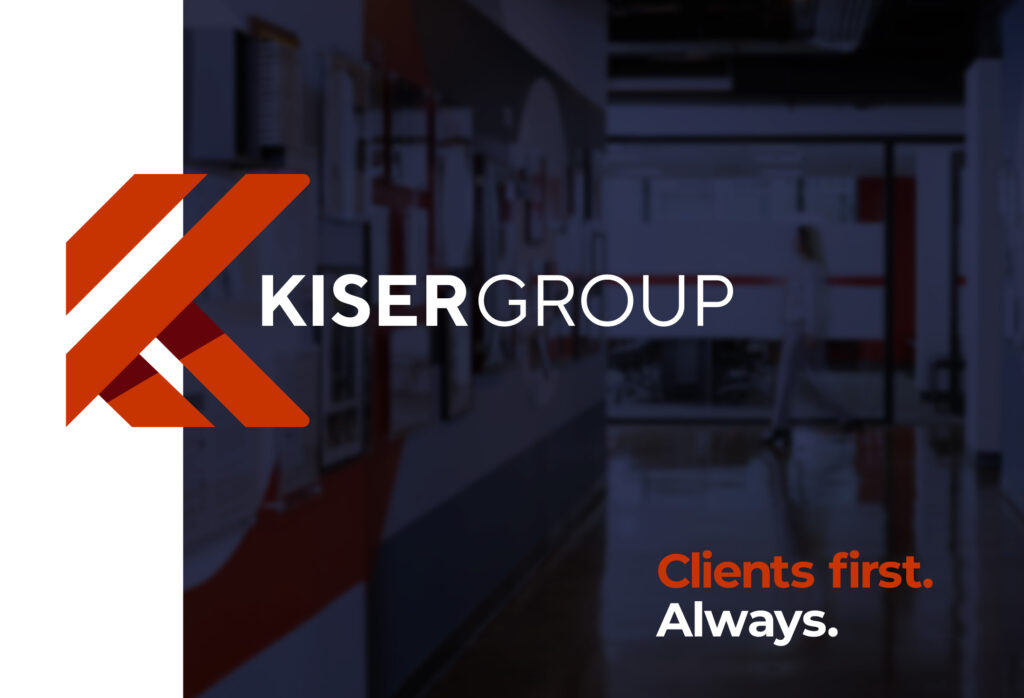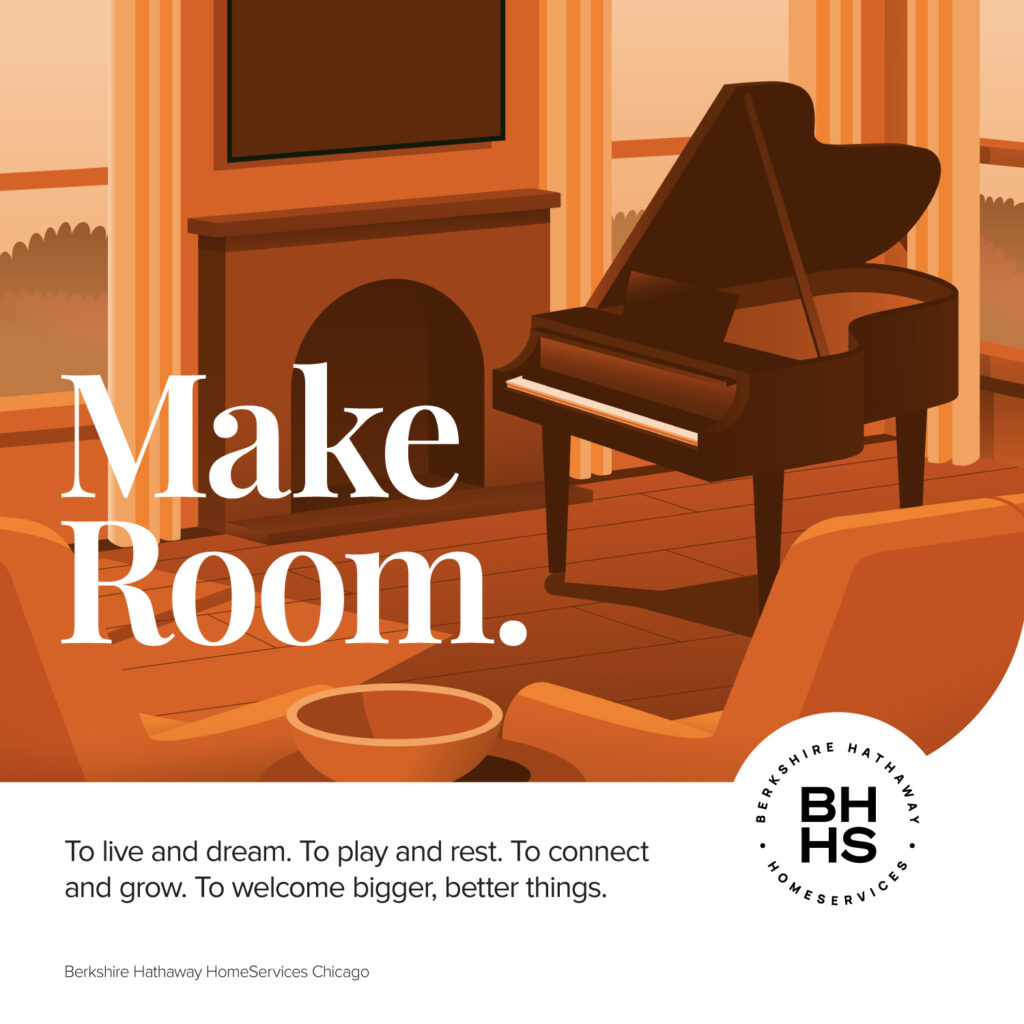Welcoming Change with ALIS


In 2018, we worked with our client Medtelligent to redefine the brand for their flagship product, ALIS — Assisted Living Intelligent Solutions. The engagement included brand strategy, a new visual identity, and an updated website. The new brand also included the tagline Welcome Change, and who could’ve predicted just how much change 2020 would bring? We recently caught up with Trisha Cole, General Counsel and COO of Medtelligent, to hear how the company has risen to the challenges facing assisted living communities through the pandemic.
How has the ALIS brand anchored the company’s response to the pandemic? Did it help lay any new foundations?
Our brand very much anchored our response to COVID-19. We didn’t just pay lip service to our tagline welcome change; it became part of our company’s DNA. The pandemic made us realize that change isn’t always positive, and we realized that because it was so core to our identity, it applies to non-ideal situations, as well. Even though we might not always like change, it’s still best to face it head-on in challenging times, too. We went back to that touchstone often.
How has your ability to embrace change shown up in your business and how you have supported the needs of caregivers, administrators, residents and families in assisted living facilities around the country?
In terms of our business, we’ve always been very collaborative in the office. Throughout the pandemic, we had to challenge that viewpoint as a company and grow in a way that could accommodate remote and virtual working. Because of our values, we locked down quickly and were ahead of the curve in getting everyone home.
For caregivers and administrators, we immediately delivered solutions to help them flatten the curve. We didn’t have any rest or transition time, but because we function with a mindset of welcoming change, we adapted and delivered on products within weeks.
For residents and families, what we really noticed was that residents in communities were better off than people who were at home. They had clinical support and interactions with caretakers, and assisted living was actually safer and more beneficial from a mental health perspective. The staff really showed up — often without proper PPE and without vaccines — because they loved their residents. It really proved that the heart of assisted living is personal relationships.
How did ALIS respond to the pandemic? What are some of the ways you had to adjust over the last year?
We had to embrace new technology, adapt a hybrid model for working, and use more communication tools. Since we couldn’t be together in person, we also explored how to emotionally connect with each other. We spent extra time on one-on-ones to keep everyone aligned, and poured resources into that alignment. And above all, we prioritized our team’s emotional and mental health. All of this helped us stay cohesive and stick together.
How has ALIS leveraged expertise in technology to contribute to vaccine distribution, especially amidst the older adult and at-risk populations?
First, we delivered easy-to-use tools to frontline staff so they could detect COVID quickly in their communities. These tools helped capture data and stay ahead on preventative steps. Second, we layered on COVID test tracking tools so communities could easily track and report COVID rates internally and to investors. Lastly, these tools helped capture vaccination information. As things open up, accurate data is crucial to protect still at-risk populations.
These tools will still be useful in the future, since COVID-19 is not completely gone. Most residents are vaccinated, but staff populations aren’t out of the woods yet. Communities will continually need to track vaccines and boosters, not just for COVID but for other viruses like the flu.
How do you think the assisted living ecosystem has changed for the better this past year? Are there any lessons learned for the future?
The most incredible thing I witnessed was the staff’s commitment during the pandemic, from the corporate office through to the direct caregivers and nurses. They were so fiercely protective of the residents and each other — it was so obvious through every interaction. Ther residents were also concerned for their caregivers, and the closeness and power of that relationship was what got everyone through COVID. It was awe-inspiring, that cycle of caring for one another … it really shows how the bonds we build during the good times can carry us through the bad times.
We’re incredibly grateful for organizations like Medtelligent that make tools like ALIS to equip and empower frontline and healthcare workers to do their jobs efficiently. Amongst many lessons learned through the pandemic, we’re reminded that we can’t thrive unless we work together to welcome change.








